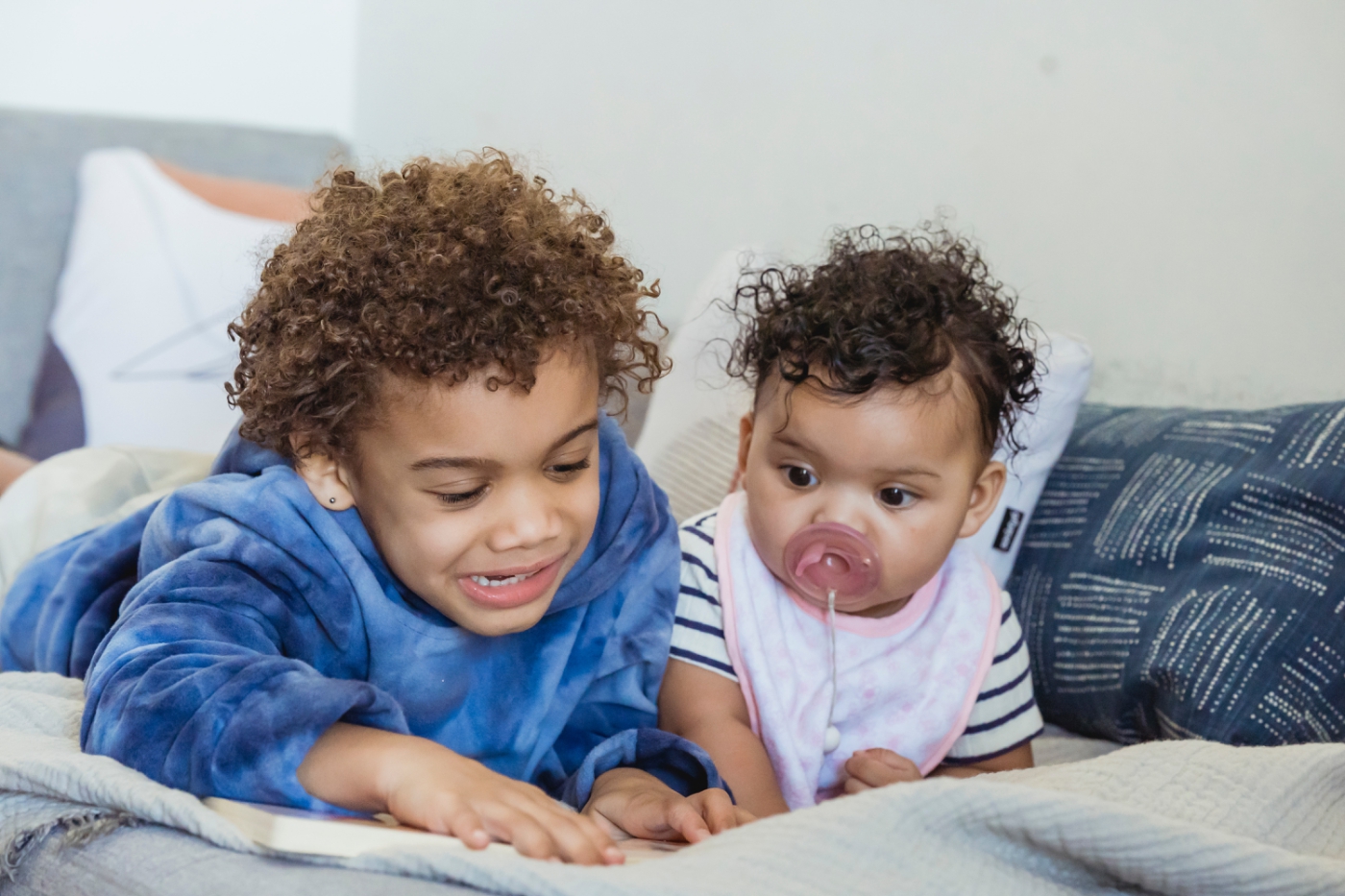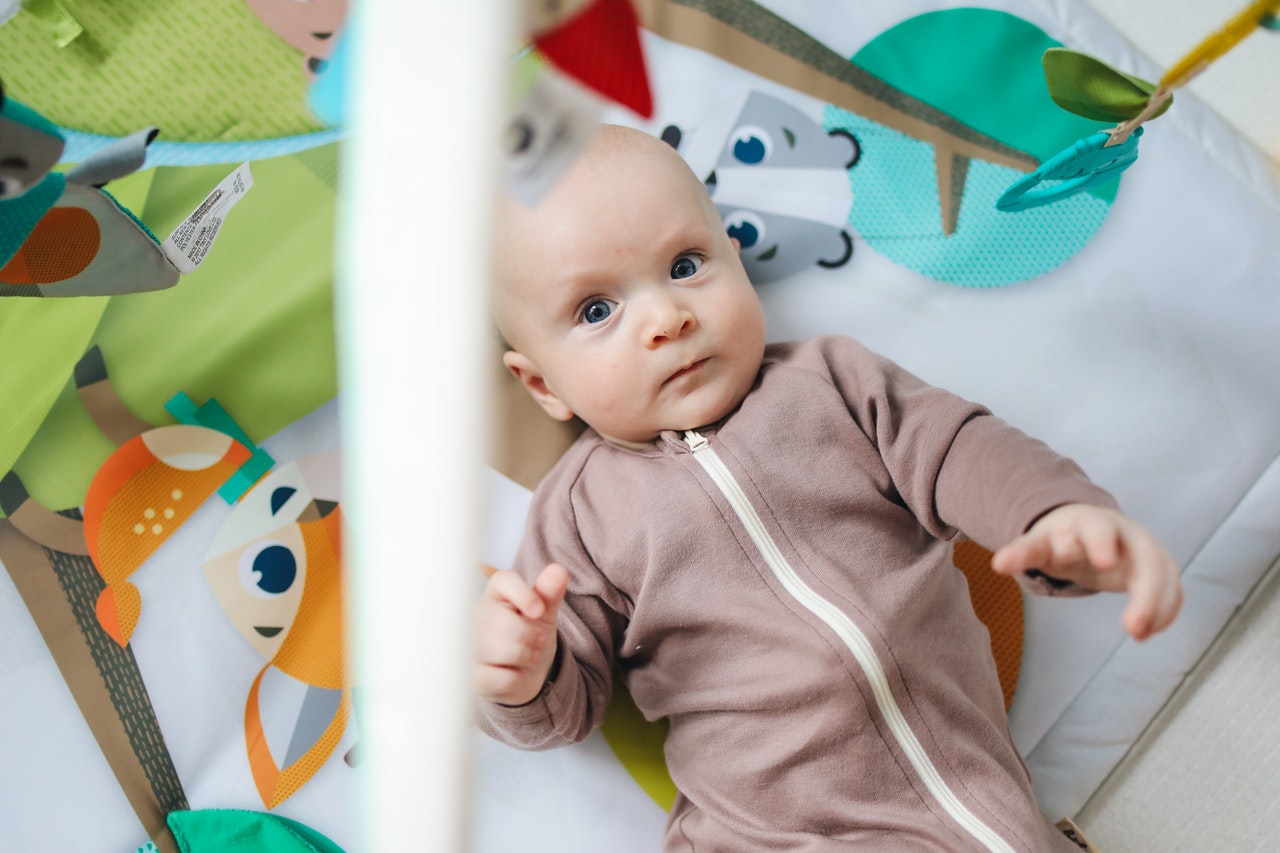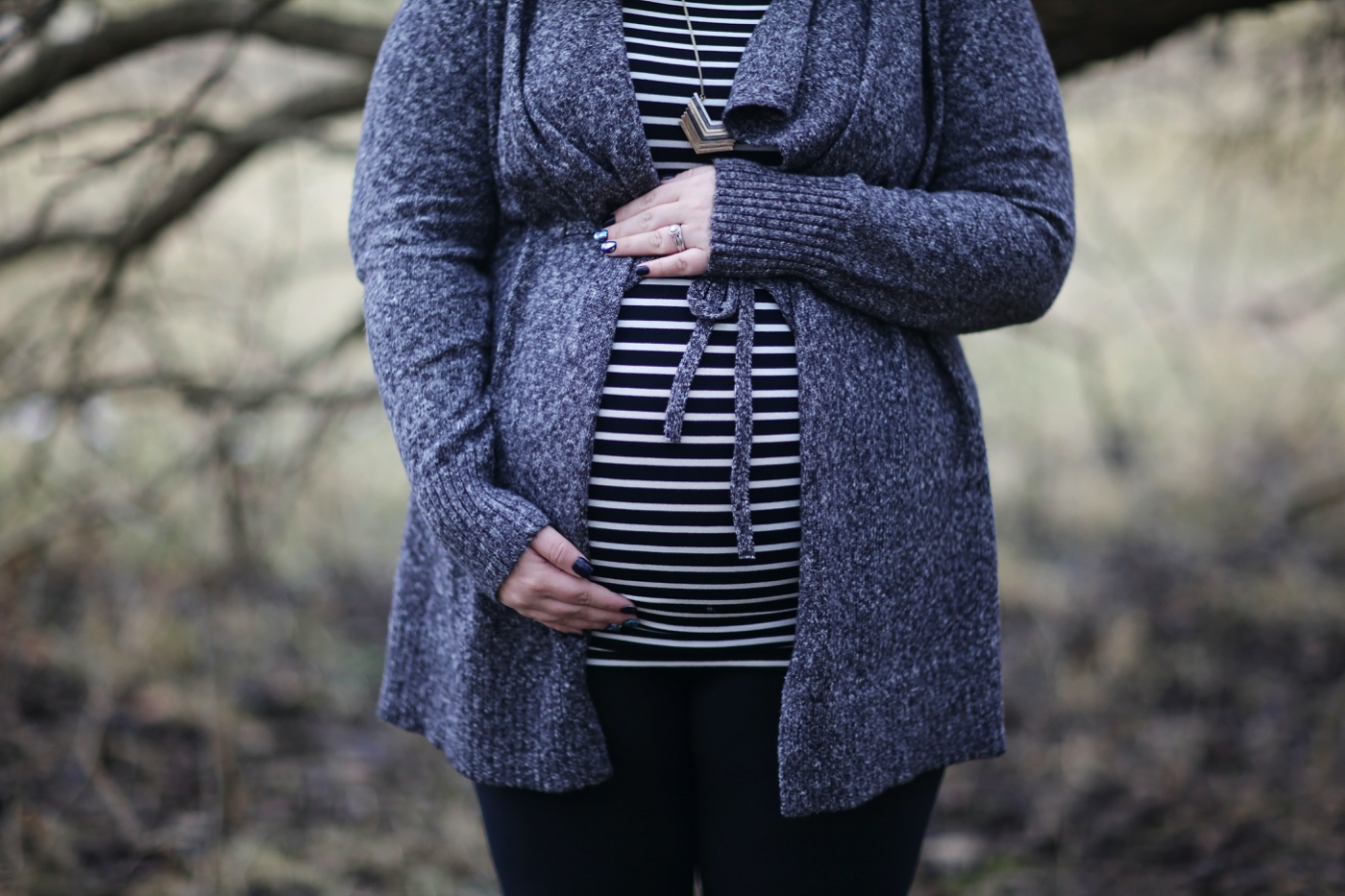A New Parent’s Guide to Communicating with Your Baby
Last updated on August 6th, 2023 at 06:16 am
Babies are like sponges in that they absorb everything around them. Your baby is learning to speak way before they say their first words. That’s why it’s so important to foster communication skills early, much earlier than you might think. Not only that but learning to communicate with your baby can help you bond with them and be a lot of fun. You can create a rich environment for your child and give them the tools to grow and thrive in the future. Here are some tips for communicating with your baby.
Tips for Communicating with Newborn Babies
As you’ve already learned (or will learn quickly!), your newborn’s best way of communicating with you is through crying. Over time, you’ll start to learn what each specific cry means, but in general, they just cry. However, many babies start using their voice around two months old, and you’ll get to hear their adorable coos and gurgles. But even with these limited tools, there are still ways to foster communication with your newborn (and beyond).
Use baby talk
The idea that baby talk is somehow bad for your baby isn’t true. There is an ideal way to talk to your baby (often called parentese), and this involves speaking with a higher pitch and warmer tone. If you speak to your baby with this almost sing-song style, it’ll help them develop those communication skills later in life, and it can be fun to see them react to your voice. You can’t necessarily need to coo or babble, though. You can just talk to them.
Hold them
In these early days especially, physical touch is a big part of bonding and learning to communicate with your baby. This is something you’ll be doing a lot anyway, but don’t underestimate the power of skin-to-skin or simply just carrying around your newborn.
Make eye contact
In the early, early days, your baby will not make eye contact with you. It might seem like they are, but they’re not really. But as they get a little older, they’ll start holding your gaze more, and it might comfort them.
Pay attention to body language
Every baby is different, but babies usually smile by around the two-month mark. They learn this by mimicking you. Gestures and facial expressions are an important part of communicating with your baby. So, be sure to smile often and copy their movements.
Mimic sounds
On top of speaking with your child normally in a sing-song style, it can be beneficial to them if you imitate their sounds. Have a conversation with them made out of coos and gurgles and whatever noises you come up with. This is a great way to foster real communication later.
Start reading
They might not be super interested yet, but reading is an amazing way to introduce your baby to language and give them future tools. Plus, it can be fun. Begin a story time tradition with picture books or books with texture. Or, quite frankly, read your favorite book out loud. They won’t know the difference at this stage. They’ll just enjoy listening to your voice.
Communicating With Your Older Baby
This timeline varies greatly, but most babies speak their first word by the time they turn one, and most can understand a few words by nine months. If you’re concerned about their development, you can always speak to your doctor. Luckily, there are ways to help them learn those skills or improve.
Narrate your day
Narration is so important, and it’s a great way to help encourage speech in your little one. Talk to them as you go about your day. Spell out what you’re doing as you change their diaper, talk to them as they eat, and discuss your weekend plans with them. They might not understand yet, but they’re absorbing, and you’re giving them opportunities to hear your voice.
Pause often
This is another trick to communicating with your baby that becomes so important as your baby gets older. Take a break between sentences so your baby can chime in. You can even have an entire conversation with them. Ask them questions like “Then, what happened?” and “How did you sleep?” and give them a chance to respond in their own baby way. This way, they’ll start to become familiar with a two-way conversation.
Identify objects
One tip for communicating with your baby is constantly pointing things out and telling your baby what they’re called. Point to the cup and say “cup” as you’re handing it to them. As they reach for a toy, name the toy. This will help your baby associate the word with the object.
Give simple directions
As they get older, your baby will start to understand some simple commands. Ask them to come to you or say the word no when you want them to stop. They probably won’t listen, but it’s important to continue helping them learn by doing this consistently.
Sing your favorite songs with them
Songs are one of the best ways to communicate with your baby and have fun at the same time. Do some interactive songs like I’m a Little Teacup or The Itsy-Bitsy Spider. You can just make up songs too. Whatever works!
Your baby just wants to hear your voice. They love it when you talk to them and interact with them. Just have fun with your baby, and it will make communicating with your baby easier in the future. Encourage their language and social skills by simply talking to them, reading to them, singing with them, and playing with them. You’ve got this.

Erin Lafond is a writer, website creator, and mom. She survived new motherhood by Googling things a lot, calling her mother, and embracing trial and error. Now, she shares her knowledge with all new moms. She lives in New Hampshire with her husband and two sons.






